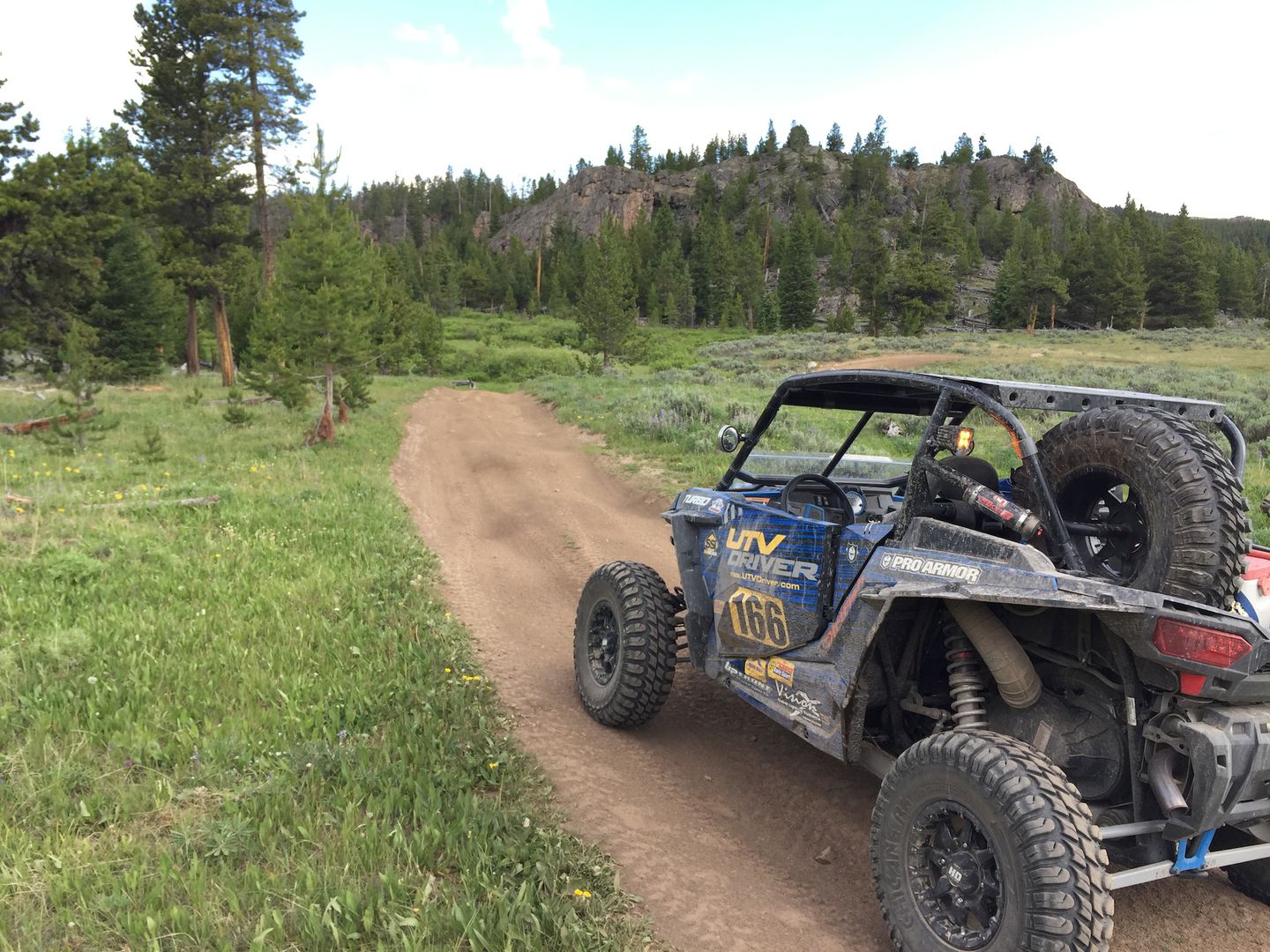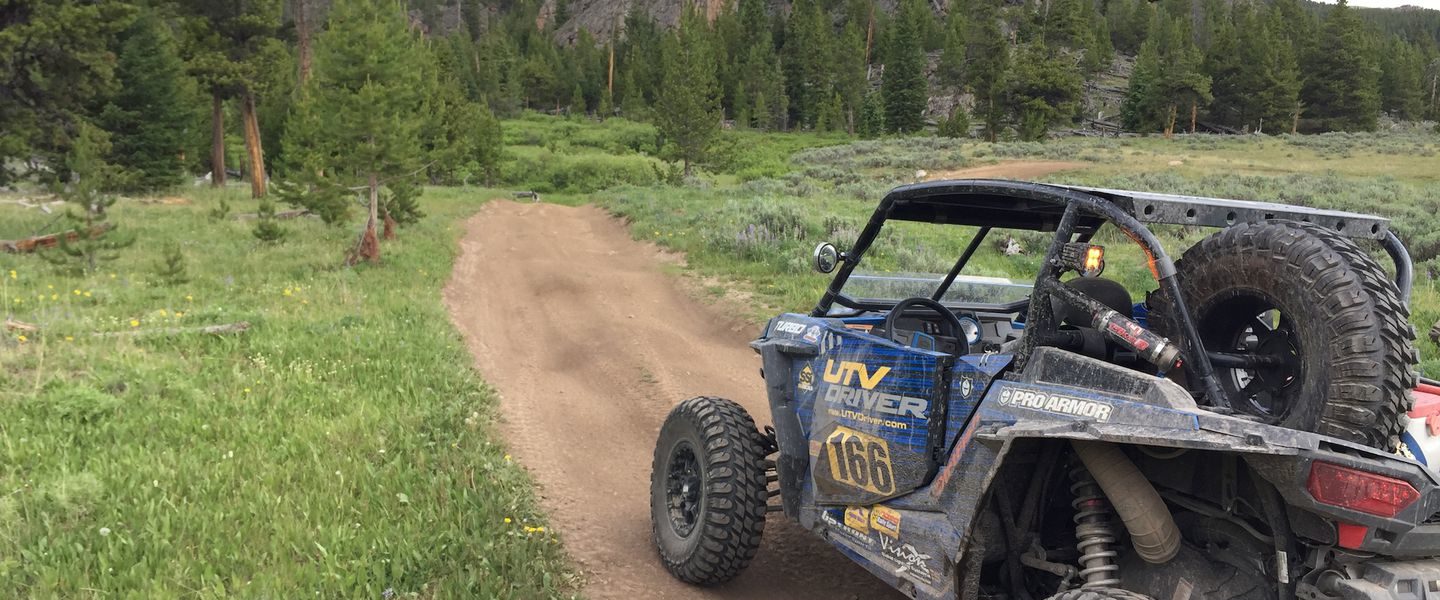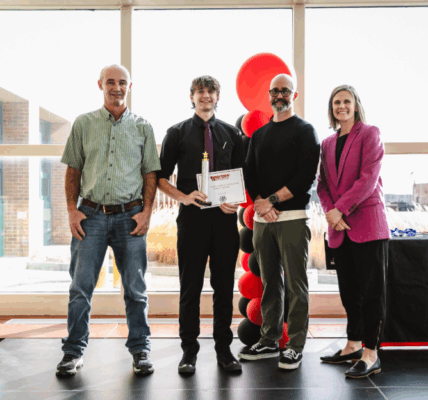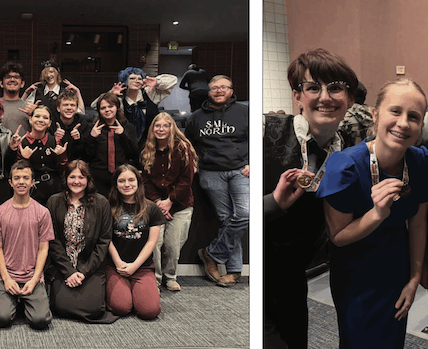
By Trina Dennis Brittain
Rocket Miner
Via- Wyoming News Exchange
ROCK SPRINGS — Sweetwater County commissioners doubt whether the Bureau of Land Management will withdraw its Rock Springs Draft Resource Management Plan, and during its October 3 meeting, the commission also expressed concerns that the BLM will not extend the public comment period, which ends on Nov. 16.
A critical request
Hoping for improved cooperation on these issues, the commission sent a letter to the director of BLM in Washington D.C. The letter not only points out the negative socioeconomic impacts Alternative B would have on Sweetwater County, it also calls the BLM out for “several inconsistencies in the plan.”
Sen. John Kolb, R-Rock Springs, said he’s concerned about “our future” and suggested different approaches are needed when plans need to be redeveloped.
Chairman Keaton West said the commission is taking a “boots on the ground” approach as it tries to focus on the procedural aspect of the RPM.
Dr. Mary Thoman, commissioner, pointed out that as a cooperative agency, it has been “at the table,” defending multiple uses. Even though commissioners are recognized as “being the voice of the people,” she asserted that they did not get to have the final say when the national director chose Alternative B.
“I’m trying to protect the general public,” Kolb said, adding that BLM has “violated many things.”
“What can we do to make sure this plan develops better in the future?” he said.
Thoman said several state agencies are writing letters in hopes that the comment period for the 1,300-page plan will be extended, noting that no one can analyze the plan in 90 days.
Commissioner Island Richards said his constituents have complained that the BLM is writing people tickets for being on existing two-track roads.
“If they’re doing that now and this new map is adopted, you won’t be able to ride an ORV (off road vehicles) on a two-track road anywhere on BLM land in Sweetwater County,” Richards said.
He also mentioned that the Alternative B map is identical to two other alternatives.
West, as well as others, has been told by BLM officials that several items weren’t meant to be in the RMP, but there’s still confusion about why they’re in there in the first place.
He said that when BLM says they will redline items, it still “doesn’t produce much trust.”
The only people who should be getting a ticket right now are those who are on a road in a wilderness area or a wilderness study area, Thoman said.
“Even a bicycle is a mechanized vehicle,” she said, pointing out that a bicycle cannot be in a wilderness area or a wilderness study area, but there should be no tickets given at this time.
She said that the BLM and the cooperators have worked together to identify roads, but this plan does not include a transportation plan. She also said that when the BLM declares an Area of Critical Environmental Concern, it can put stipulations on it. For instance, no one would be allowed into an area where eagle raptor nesting occurs from January until July.
“That’s how they’re controlling your access; the ACECs will be developed around special species and the timing of when they need protection,” Thoman explained, after noting that there’s been a lot of misinformation about how BLM determines public access.
“It is scary because Washington is deciding all these things,” she said, adding that the BLM is asking the cooperators to re-do the sage grouse plan.
“We don’t know what they’ll do with the transportation plan,” she said.
Thoman said the Coalition of Local Governments has challenged resource management plans before.
“We’re not afraid to challenge them on the issues that are legally wrong. We don’t always win, but it’s on the record that we’ve done it,” she said.
Kolb noted that the state is willing to divert funds to fight the RMP, but he also informed the commission that the county may lose services the state currently provides.
“We intend to win. If we don’t defend ourselves now, we’re going to set the framework for the future,” he said.
According to the letter sent to the national director of the BLM, if the BLM doesn’t fix the errors of the RMP, it will have to deal with them during the governor’s review and the cooperator’s protest and appeal processes.
The commission gave the national director of BLM a deadline of Oct. 17 to respond.
Responding to claims of spreading misinformation
During commissioner comments, Richards shared his thoughts about the special city council meeting held on Sept. 25 regarding the BLM’s Rock Springs RMP. Several elected officials attended that meeting, during which Kimberlee Foster, BLM Rock Springs field manager, presented information about the document and claimed there is misinformation circulating around the Rock Springs RMP.
Richards said he’s been hearing the word “misinformation” many times lately. He noted he had seen comments on social media claiming the commission is spreading misinformation about the plan based on the discussions they’ve had on the subject.
“I’m confused as to how asking questions is spreading misinformation,” said Richards. “I want to be very clear here. If there is any misinformation out there, I believe it’s coming directly from the BLM and its representatives about what’s contained in the plan.”
He added, “At the council meeting, Commissioner Jones and I presented excerpts directly from the plan, as did members of the legislature.”
According to Richards, when he asked Foster whether his interpretation of the rights-of-way exclusion map in Alternative B was accurate, he was “met with silence.”
“We’ve also been accused of not reading the plan, and I can say definitively that as of yet, I have not read all 1,300 pages,” he said, “but what I have read, to put it bluntly, scares the crap out of me.”





